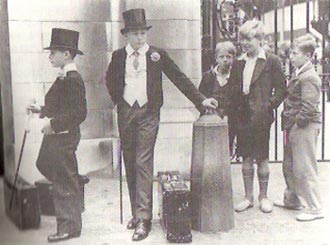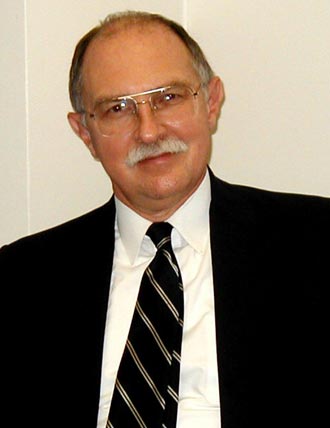|
R
andall Collins is one of the most important present-day
sociologists. He teaches Sociology at the University of Pennsylvania.
As is fitting with complex, high-brow works, it is difficult to sum up
his works in a few introductory lines.
His approach tends to
bring together two concepts: the idea that society is organized around
conflicts between different social groups, with regard to domination,
clashes or negotiation; the Durkheimian idea of moral solidarity as a
foundation for the cohesion inside single groups thanks to the social
ritual which allows the participation of common ideals and feelings.
Even every individual interaction takes on, for Collins, the forms of a
ritual, in which emotions play a fundamental role. Every individual
brings with himself his cultural capital (in common with his own social
groups) and he confronts himself with his interlocutor's and his
group's. Society is similar to an infinite interaction rituals chain,
through which ideas, the symbols of various cultural capitals are
transmitted according to a mechanism which generally tends to
re-enforce the domination of the upper classes, although we cannot
exclude upheavals. Social stratification, for Collins, is a
multi-dimensional structure, and so social inequality is due not only
to differences in power but also to the different cultural and social
networks to which we belong. Among his works published in Italy we have
Sociologia (Conflict Sociology. Toward an
Explanatory Science, 1975), Teorie sociologiche
(Theoretical Sociology), Quattro
tradizioni sociologiche (Four Sociological
Traditions, 1985), and recently L'intelligenza
sociologica (Sociological Insight. An Introduction
to Non-Obvious Sociology, 1992).

In your last book, Violence.
A
Micro-sociological Theory, 2008 – still not
translated in Italian – you examine carefully the wide range
of situations of physical violence that we can live through, from the
simple quarrel to domestic abuse,
|
|

from armed conflicts to violence
occurring in sports, from terrorism to mugging and so on. Your
assumptions try to go beyond the common idea that social, cultural,
ideological, racial conditions or individual pathologies are the main
foundations of violence. You assert that human beings don’t
usually act violently, that they can use violence only thanks to some
specific conditions allowing people to get over those emotional
barriers that naturally inhibit violent conduct. Can you explain in
more depth the most important features of your interesting
“compact theory” about violence, and its possible
link with your idea about the ritual shape of everyday interactions?
Almost
all theories of violence assume that it is sufficient for people to
have a motive, and then violence will be easily carried out. There are
many kinds of theories, positing that people are violent because of
poverty, honour, resistance, childhood experiences, cultural beliefs,
masculinity, etc. But in fact, when we look closely at situations of
violence, of every kind, the main pattern is that violence does not
happen. Most soldiers in combat do not fire their guns; most persons in
a crowd of rioters stay back; most angry quarrels go no further than
shouting.
Furthermore, in the small number of cases where violence does
proceed forward, people show themselves usually to be very incompetent
at fighting. Most bullets that are fired miss, or they hit the wrong
targets – this is true for soldiers, police, criminals alike.
|
